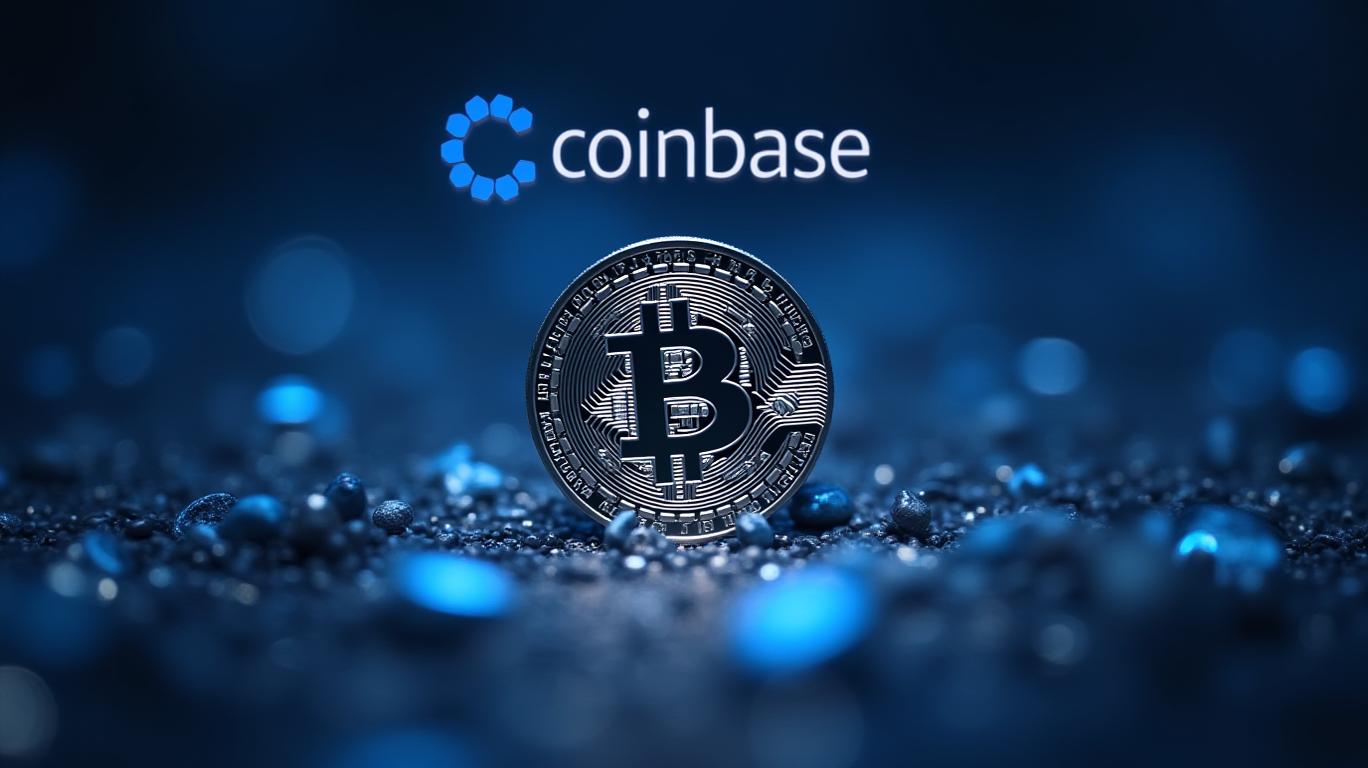Coinbase Unveils Proof of Reserves for cbBTC Amid Transparency Concerns
Coinbase, a leading cryptocurrency exchange, has introduced a Proof of Reserves (PoR) system for its wrapped Bitcoin token, cbBTC, in response to growing concerns about transparency and liquidity. This move aims to reassure users that each cbBTC is backed 1:1 by Bitcoin (BTC) held by the exchange.
The PoR data reveals that Coinbase holds a total reserve of 26,525.15 BTC, with a corresponding cbBTC supply of 26,461.05 tokens. The distribution of cbBTC across various networks is as follows: Ethereum hosts 16,080 cbBTC, Base contains 7,655.391 cbBTC, Solana holds 2,673.489 cbBTC, and Arbitrum has 51.395 cbBTC.
Coinbase also disclosed the specific Bitcoin addresses and their balances, enhancing the transparency of its reserves. The wallet holding the largest portion of these reserves contains 690 BTC, worth approximately $65.8 million at current rates. Meanwhile, 40 wallets hold 480.984 BTC each. The remaining BTC is distributed among several other wallets.
This development comes on the heels of criticism from prominent figures in the cryptocurrency community. Justin Sun, founder of Tron, previously lambasted cbBTC for its perceived lack of transparency and centralization. Sun expressed concerns that cbBTC lacked Proof of Reserve, was unaudited, and could freeze balances at any time. Sun warned that such centralized control could lead to asset seizures in response to government actions.
While Coinbase’s introduction of PoR for cbBTC addresses some transparency issues, user apprehensions persist. A user on X challenged Coinbase, referencing recent incidences involving delays in Solana (SOL) transactions on the platform, causing execution waits exceeding 14 hours. This led to speculation that Coinbase might be staking users’ SOL without consent, causing delays due to the unstaking process. Such practices have raised questions about the exchange’s liquidity and operational integrity.
Coinbase Support ascribed the delays to “technical and blockchain issues.” Nevertheless, users called for clear evidence of its liquidity and operational integrity. In light of these events, the 
Quickly understand the history and background of various well-known coins
Latest Articles
Stay ahead of the market.
Get curated U.S. market news, insights and key dates delivered to your inbox.

Comments
No comments yet